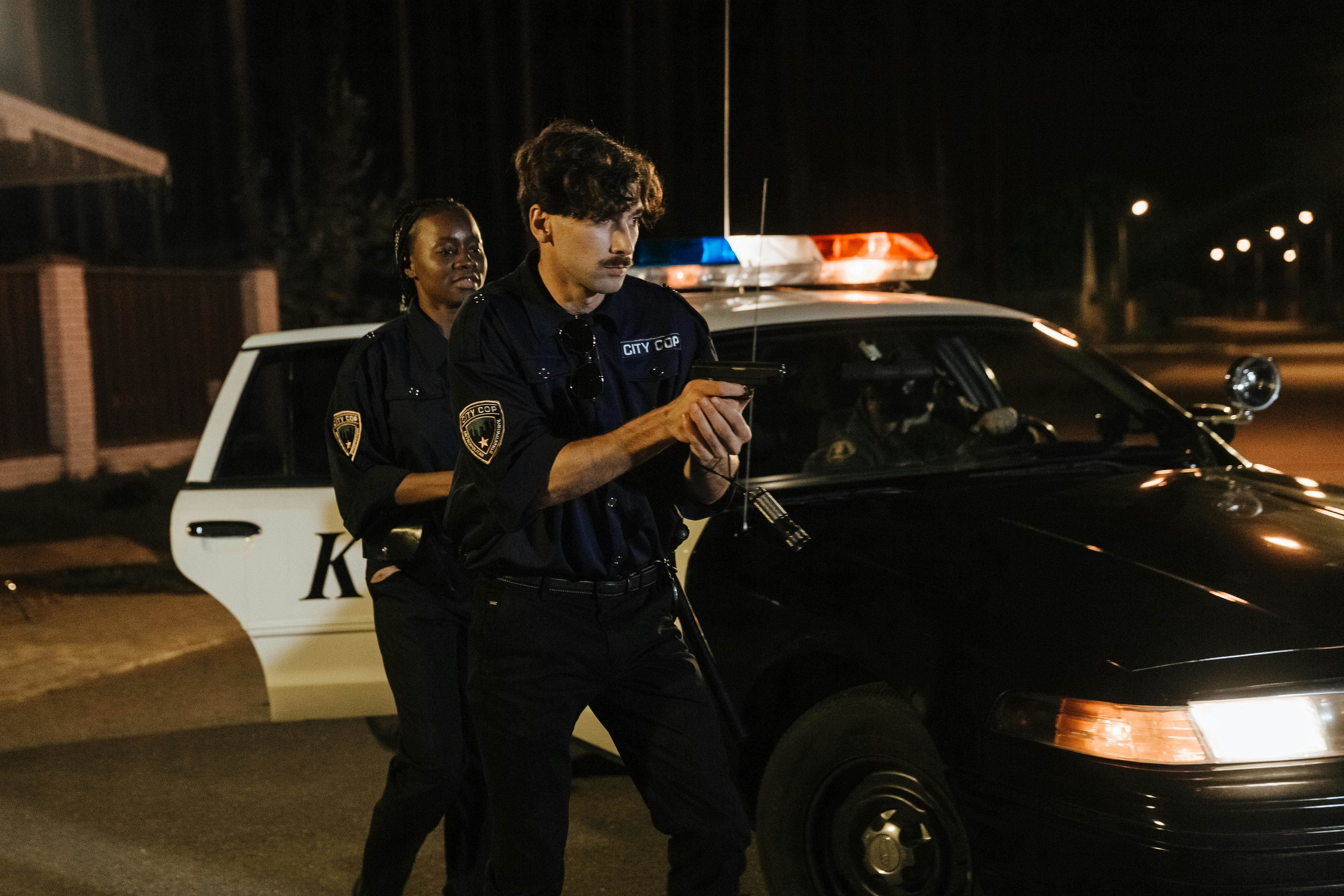What is Florida’s 'Stand Your Ground' Law?
Florida’s Stand Your Ground law is outlined in Florida Statute 776.013 and provides legal immunity to individuals who use force in self-defense. Unlike traditional self-defense laws, it eliminates the requirement to retreat before using force in certain situations.
Key Aspects of the Law:
- No duty to retreat– If someone is in a place where they have a legal right to be, they do not need to flee before using deadly force in self-defense.
- Use of deadly force is justified if:
- The person reasonably believes deadly force is necessary to prevent imminent death or great bodily harm to themselves or another person.
- They are preventing a forcible felony, such as burglary, robbery, or assault.
- Legal presumption of fear in certain situations– If an individual is inside their home or vehicle, the law automatically assumes they had a reasonable fear of harm when using force against an intruder.
How Stand Your Ground Differs from Traditional Self-Defense Laws
In states without Stand Your Ground laws, individuals must first attempt to retreat before resorting to deadly force, unless they are in their home (Castle Doctrine). Florida’s law removes this requirement, meaning a person can stand their ground and use force immediately if they feel threatened.
This major difference has made Florida’s self-defense laws both praised and criticized, as some argue it encourages unnecessary violence, while others see it as essential for personal protection.
Where Can You Use 'Stand Your Ground' in Florida?
Florida’s Stand Your Ground law applies in multiple locations, as long as the individual is legally present in that place:
1. Your Home (Castle Doctrine)
Under Florida law, homeowners have the right to use deadly force to protect themselves from intruders. If someone unlawfully enters a home, the law presumes the resident had a reasonable fear of harm, making it much easier to justify self-defense.
2. Your Vehicle
The Castle Doctrine extends to vehicles, meaning if someone attempts a carjacking or violent entry, the driver or passenger has the right to use deadly force without retreating.
3. Public Places
As long as an individual is lawfully present in a public place, they do not have to retreat before using force in self-defense. This applies to locations such as:
- Parking lots
- Restaurants
- Stores and shopping malls
- Public parks
- Sidewalks
Exceptions to Stand Your Ground
While the law provides broad protections, it does not apply if:
- The person claiming self-defense was engaging in criminal activity when the incident occurred.
- They initiated or provoked the attack and did not attempt to disengage.
- The other person was not an imminent threat, meaning they were unarmed or attempting to retreat.
When is Deadly Force Justified?
Deadly force is legally justified under Stand Your Ground when a person reasonably believes it is necessary to:
1. Prevent Death or Great Bodily Harm
This applies when an individual is being attacked and believes the force they use is the only way to protect themselves.
Example:
A person is walking to their car in downtown Fort Myers when a masked individual pulls a knife and demands their wallet. The victim pulls a legally carried firearm and shoots the attacker. In this case, the use of deadly force would likely be justified under Stand Your Ground.
2. Prevent a Forcible Felony
A forcible felony is a violent crime that involves force or threat of force. Under Stand Your Ground, deadly force is justified to stop crimes such as:
- Home invasion
- Armed robbery
- Aggravated assault or battery
- Kidnapping
- Carjacking
Example:
A homeowner in Cape Coral sees an armed intruder breaking into their home at night. Fearing for their safety, they shoot the intruder. Because this was a home invasion, Stand Your Ground protections would likely apply.
How Stand Your Ground Cases Are Handled in Fort Myers
If someone claims Stand Your Ground after using deadly force, their case follows a specific legal process.
1. Pretrial Immunity Hearing
- The defendant’s attorney files a motion for immunity, arguing the use of force was legally justified under Stand Your Ground.
- A judge reviews the case in a pretrial hearing and determines whether to dismiss the charges.
- If the judge grants immunity, the case is dismissed, and no trial occurs.
2. Criminal Trial
- If the judge denies immunity, the defendant can still argue self-defense at trial.
- The prosecution must prove beyond a reasonable doubt that the use of force was unjustified.
Stand Your Ground can be a powerful legal defense, but it requires strong evidence to succeed.
Common Misconceptions About Stand Your Ground
- You Can Use Deadly Force Anytime You Feel Threatened – FALSE
- A vague feeling of fear is not enough. There must be an immediate, reasonable threat.
- The Law Protects Anyone Who Claims Self-Defense – FALSE
- Stand Your Ground does not apply if you provoked the attack or were breaking the law.
- Stand Your Ground Eliminates All Criminal Investigations – FALSE
- Law enforcement still investigates all uses of deadly force. Even if charges are dropped, an individual may be arrested and detained during the investigation.
How to Protect Yourself if Charged Under Stand Your Ground
If you are arrested after using force in self-defense, it is critical to:
- Contact an experienced criminal defense attorney immediately.
- Gather all evidence to support your case, such as security footage or witness statements.
- Avoid making statements to police without an attorney present.
- File for a Stand Your Ground immunity hearing.
A successful Stand Your Ground defense can lead to case dismissal, avoiding a lengthy trial or criminal conviction.
